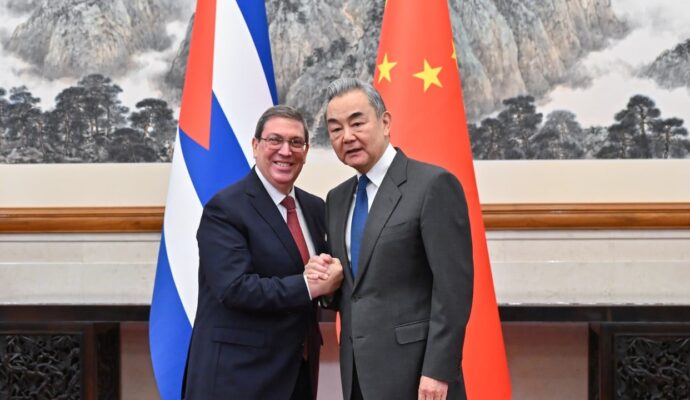The landlocked province in central China was the first to establish the “green lanes” to boost agricultural imports from Africa, proposed by President Xi Jinping at the 2021 Forum on China-Africa Cooperation in Dakar, Senegal.
These included an easing of import-export rules with African countries, the establishment of a currency clearing hub and trade deals with agricultural producers in Africa.
African agricultural exports to Hunan increased 16.6 times to 150 million yuan (US$21.32 million) in the first four months of 2023, as the province opened to more products, such as avocados from Kenya and dried chillies from Rwanda.
The Hunan government said imports of natural and synthetic rubber, as well as food, had posted a “robust” increase.
Hunan is one of several Chinese provinces backing business investment in Africa to boost two-way trade, in line with central government policy. The China-Africa Business Council reported last year that Zhejiang, Guangdong, Shandong and Jiangsu also saw increases, despite the economic impact of the pandemic.
But Hunan is also keen to highlight its historical ties with the continent – including its status as the birthplace of Mao Zedong, who laid the foundations for China’s foreign policy that heavily favours developing countries, including in Africa.
The provincial government has issued a number of readouts in recent years promoting these deep roots, including a statement on Yuan Longping – China’s most prominent plant scientist under Mao – who took his best achievements of hybrid rice to Africa and spent most of his working life in Hunan.

